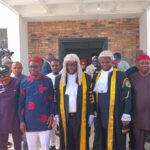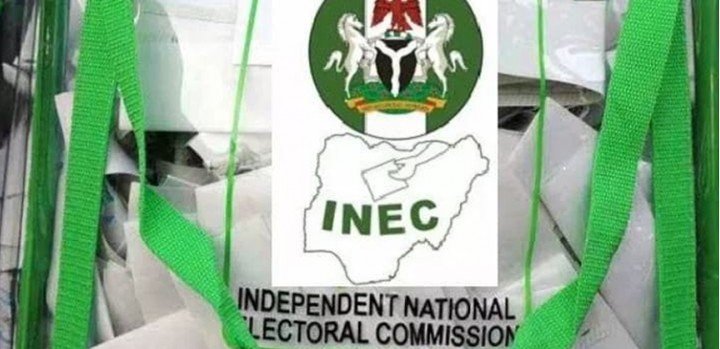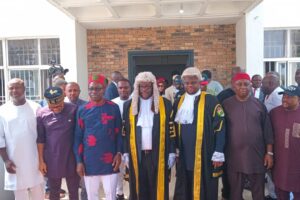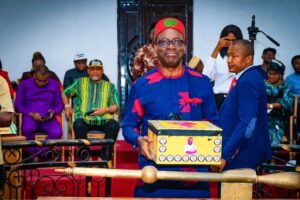IREV not for results collation – INEC
The Independent National Electoral Commission has insisted that electronic collation of results is illegal in Nigeria.
The commission said this against the backdrop of expectations that the results of Saturday’s off-cycle governorship elections in Imo, Kogi, and Bayelsa states would be transmitted electronically.
The Chief Press Secretary to the INEC chairman, Rotimi Oyekanmi, made the clarification to one of our correspondents on Wednesday.
There has been a clamour for electronic transmission of election results in the country with the issue forming a core plank of the presidential election petitions filed at the Presidential Election Petitions Court by the Peoples Democratic Party and the Labour Party.
But Oyekanmi clarified that the result viewing portal was not for collating election results or determining the winner; neither was the Bimodal Voter Accreditation System an electronic voting machine.
When asked how results from the polling units would be transmitted after voting had been concluded in the governorship polls in the three states, Oyekanmi explained, “Polling unit election results, also known as Form EC8As, will be uploaded directly to the INEC Result Viewing Portal from the individual PUs by the presiding officers after the close of poll and declaration of results at that level.
“Presiding Officers are expected to use the Bimodal Voter Accreditation System to snap the Form EC8A and upload the same to the IReV after the conclusion of all processes at the various polling units.
“However, people need to understand that the IReV is not for collating election results or determining the winner, while the BVAS is also not an electronic voting machine.
IReV portal
“To be sure, electronic voting or collation of results is illegal in Nigeria at the moment. All that the IReV portal does is just to display the Form EC8A uploaded from the polling units for the public to see.
“The process for determining and declaring the winner of a governorship election is well encapsulated in section 179 of the 1999 Constitution of the Federal Republic of Nigeria.”












Add Comment